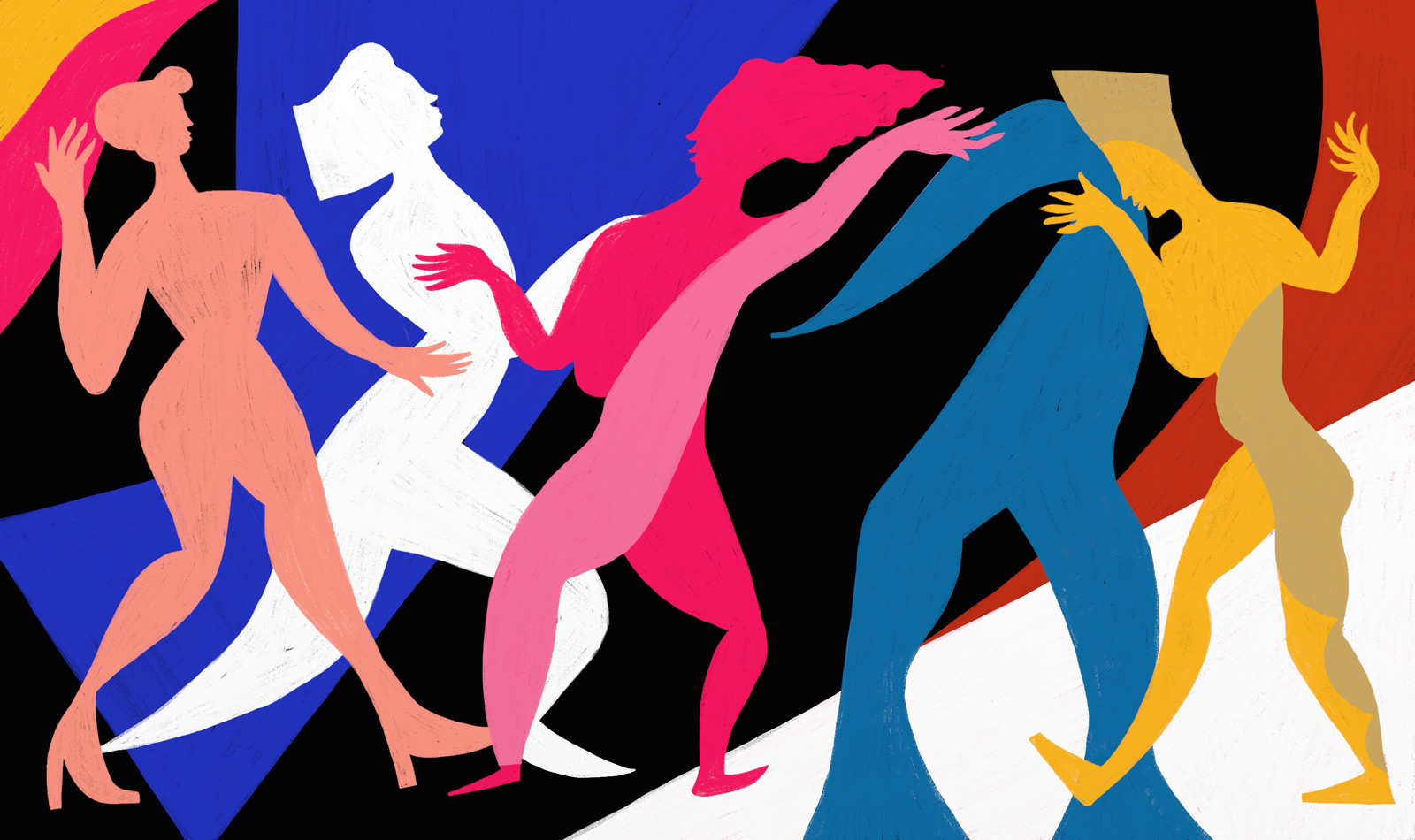
In Love Saves the Day, Tim Lawrence’s acclaimed history of dance music, pioneering New York DJ Francis Grasso recalls the first time he heard African music. “I had always wanted to be a drummer, and was fascinated with African beats,” he said. Intrigued by the cover of an LP he saw at a record store in Brooklyn, the young Grasso decided to take a chance. When he got the record—entitled Drums of Passion—home, it didn’t disappoint.
Recorded in 1960 by the Nigerian percussionist Babatunde Olatunji, the album included the original version of “Jin-go-lo-ba,” which had been recently popularized by Santana, whose version Grasso had been spinning at The Sanctuary. (Olatunji’s original was titled “Gin-Go-Lo-Ba [Drums Of Passion].”) “I said to myself ‘If Santana works for [the crowd], then the real shit is going to kill them,’” Grasso recalled. “The crowd preferred the Olatunji. They got it straight away.”
A few streets away in a Loft at 647 Broadway, another crowd of dancers were having their minds opened by an equally eclectic soundtrack. “A further crucial disco component and David Mancuso discovery was another hypnotic yet utterly celebratory record: ‘Soul Makossa’ by Cameroonian jazz man Manu Dibango,” wrote Peter Shapiro in Turn The Beat Around: The Secret History of Disco. The obscure 45 that Mancuso found in a West Indian record shop in Brooklyn in 1972 was tailor-made for the acrobatic dancers at his SoHo Loft party. As Shapiro wrote, “The elongation and elastication of the funk was the disco aesthetic in a nutshell and other African variants on this theme (Fela Kuti’s ‘Shakara’ and ‘Expensive Shit’; Osibisa’s ‘Music For Gong Gong’; Black Blood’s ‘A.I.E. [A’Mwana]‘; and Buari’s ‘Advice From Father’) would become minor disco classics.”
As the ‘70s progressed, artists and producers across the African continent began creating their own takes on the American disco sound, fusing it with local musical styles and rhythms. In recent years, a host of labels have been re-issuing these classic African disco LPs, alongside compilations of previously impossible-to-find records. Here, we take a quick dip into some of the highlights available on Bandcamp.
Manu Dibango
Sun Explosion
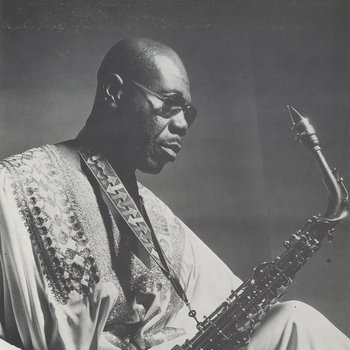
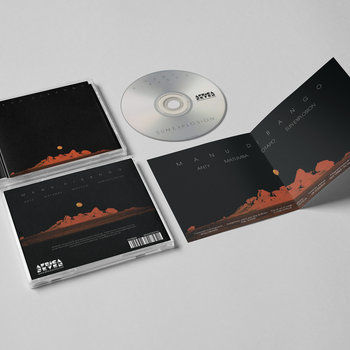

Compact Disc (CD)

It’s not going too far to call Emmanuel N’Djoké “Manu” Dibango—who sadly passed away in March of last year—the Godfather of African Disco. A member of the famous Congolese rumba group Africa Jazz in the ‘60s, the saxophonist moved to Paris in 1965 and experienced his first breakthrough six years later, with the title track to his second LP for Fiesta, the label that did so much to spread African music across Europe. “Soul Makossa” fused soul, jazz, and the makossa music of Cameroon into a heady rhythmic brew. He followed with another hit, “Big Blow,” a towering piece of disco funk featuring Dibango’s surging horn and unmistakable vocals. But the track that fits most snugly into the disco genre was his 1978 12” “Sun Explosion,” which also featured some of the Cameroonian musicians who had followed Dibango to Paris—including bassist Jo Tongo.
Jo Tongo
Jo Tongo
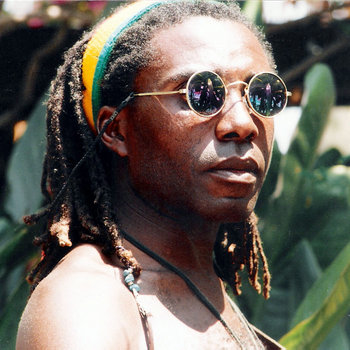

Born Joseph Ekambi Tongo Mpondo, Cameroonian bassist Jo Tongo moved to Paris around the same time as his musical mentor Manu Dibango. Though he initially relocated in order to study pharmaceuticals, he quickly got the soul and funk bug, releasing three singles under the name Jojo L’Explosif for the Paris-based label Akue. But it was his work as bassist for Manu Dibango on those crucial LPs for Fiesta that got Tongo hooked on the disco groove. A year after he appeared on Dibango’s Manu ’76, he recorded his own self-titled debut for Fiesta. Re-issued by Africa Seven in 2015, the LP was produced by Slim Pezin of French disco outfit Chantereau, Dahan & Pezin. The album’s highlight is “Jangolo,” an infectious slice of jazzy Cameroonian disco that was also featured on Africa Seven’s compilation African Airways Volume 1.
Jo Bisso
African Disco Experimentals (1974 to 1978)
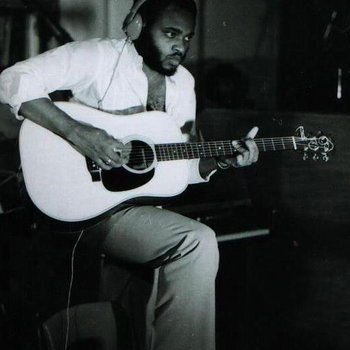
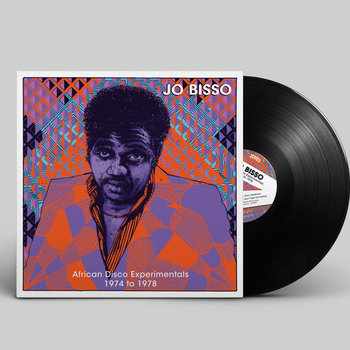
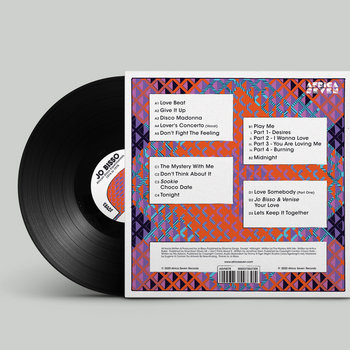
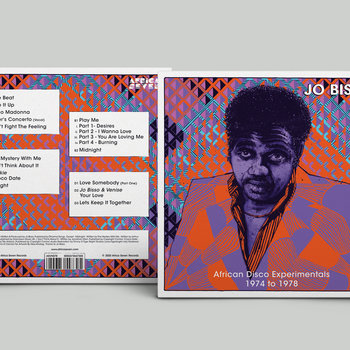

2 x Vinyl LP



Growing up in Yaoundé, the political capital of Cameroon, Jo Bisso’s first musical love was American soul. Eventually, he began immersing himself in Congolese Rumba by legends of the genre such as Franco / TP Ok Jazz and Tabu Ley Rochereau. Like Dibango, Tongo moved to Paris in the late ‘60s. But it was after moving to Boston to attend the Berkeley School of Music that Bisso put together the band that would grab the attention of major labels in France and the U.S. Released in 1974, the heavy Afro-funk of “Flying To The Land Of Soul” was followed by an LP on which Bisso further explored the disco beat. This comprehensive compilation on Africa Seven collects tracks from that debut, as well as his second LP Disco Amour, Tonight, released by the New York label Makossa, which also released LPs by Fela Kuti.
Sidiku Buari
Disco Soccer
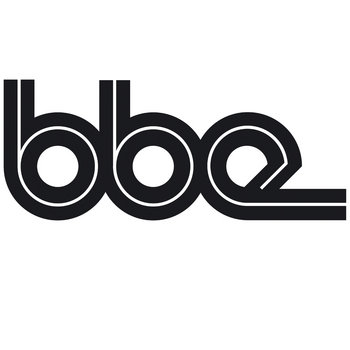
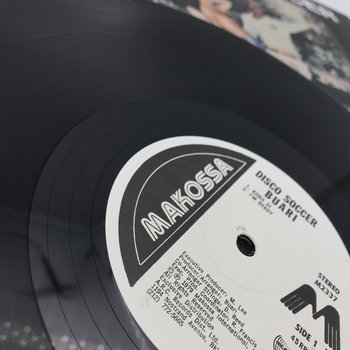
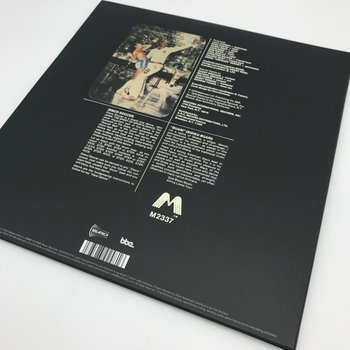
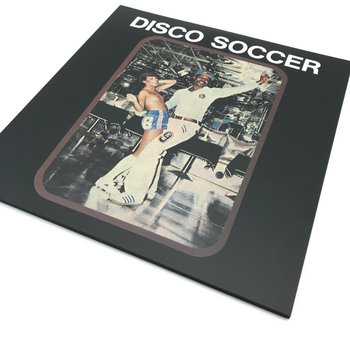
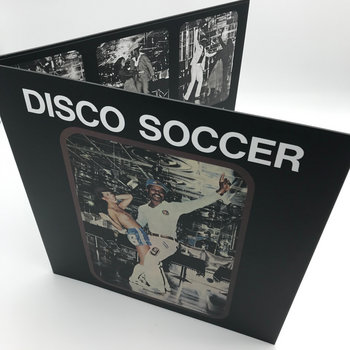
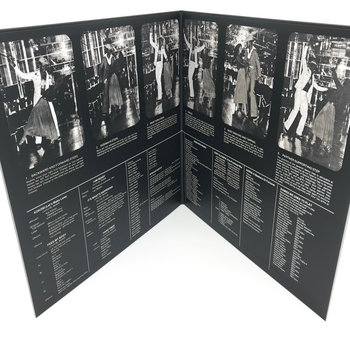
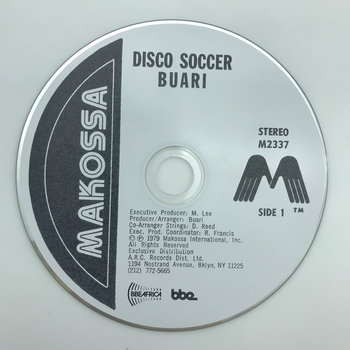

2 x Vinyl LP, Compact Disc (CD)




A gold-medal athlete who moved to America on a music scholarship while training with the York Institute baseball team, Alhaji Sidiku Buari is not your average disco star. Encouraged to sing by one of his music teachers, Buari composed his self-titled debut in 1975, drafting the rhythm section of Bernard Purdie and Gordon Edwards on drums and bass. Something of a holy grail for Afro-funk collectors, that album was followed by this sports-related release, on which Buari moved deeper into disco. Released on Polydor in 1979 and featuring major players like Randy and Michael Brecker, alongside a swirling string section, Disco Soccer includes tracks like “Kinyi Ai Kawali” and “Adesa A,” which fuses Ghanaian rhythms and vocals with disco orchestration. Also, check Buari’s foray into boogie territory on BBE’s double-LP Feelings/Sidiku Buari & His Jam Busters.
Kiki Gyan
24 Hours in a Disco: 1978 – 1982



Vinyl LP

Kiki Gyan dropped out of high school in the mid-‘70s, turning his attention to mastering the keyboard like his musical hero, Stevie Wonder. When he was just 15 years old, he joined the group Osibisa and rose to prominence in his homeland for his playing on the group’s LPs Welcome Home and Ojah Awake. He soon became an in-demand session player in London, allegedly earning as much as £8,000 in a single weekend. Drugs would follow the riches, ultimately costing him his life in 2004. But tracks like “Disco Dancer” and “24 Hours In A Disco” preserve his legacy as not only as one of the great instrumentalists of African disco, but also one of its most soulful singers, with a falsetto that continues to destroy dancefloors.
Jake Sollo
Jake Sollo
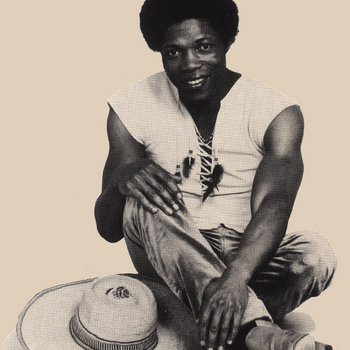
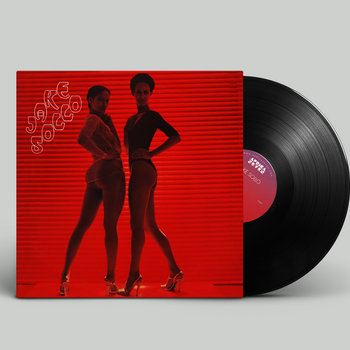
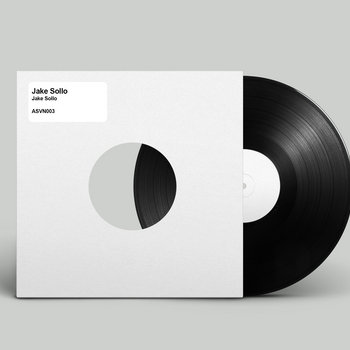

Vinyl LP


One of the highlights of Strut Records’s crucial 2001 compilation Nigeria 70 was “Dancing Time,” a glorious slice of Afrobeat by The Funkees. Coming from Aba, East Nigeria, the group played their Afrobeat—in the words of founder Harry Mosco—“the Ibo way, not the Youruban way. The rhythm was different, a bit faster.” Part of that is owed to rhythm guitarist Jake Sollo. Also a member of Osibisa, Sollo was a pioneer of a glossier, more highly produced and infectiously bouncy Afro-boogie sound. He was also one of the first of his peers to use synthesizers: His beloved Prophet-5 features heavily next to psychedelic guitar licks and sleek production on his second LP from 1978. Recorded at Pye studios in London, the album caused Sollo to become an in-demand producer back home.
Various Artists
Doing it in Lagos

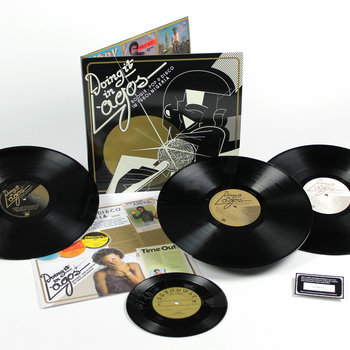

Vinyl LP

As the liner notes to this 2016 compilation explain, “In the early 1980s, Nigeria was booming, and recording studios used the oil money sloshing around to fill their studios with the latest state-of-the-art recording equipment.” Jake Sollo was just one of many producers—Tony Okoroji and Nkono Teles were others—who moved with the times, creating an Afro-boogie sound that matched that of their American counterparts. For proof, look no further than “Fella’s Doing It in Lagos” by the group Hotline, a P-Funk flavored slab of electro guaranteed to blow any dancefloor apart. Like the other artists here, Hotline were short-lived, releasing just one LP in 1986. But their music, and that of their contemporaries, offer a glimpse at the slick, progressive music that was coming out of Nigeria at that time.
Various Artists
Saturday Night: South African Disco Pop Hits, 1981 to 1987
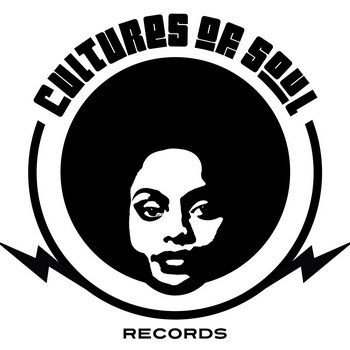
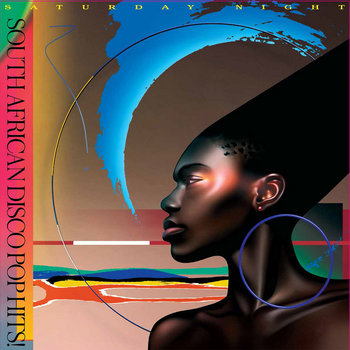
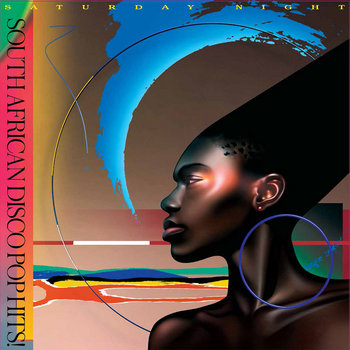

Compact Disc (CD), Vinyl LP


As the 1980s dawned, South African musicians and producers began creating their own homegrown take on disco, informed by American and European dance culture, but tinged with an undeniably local sound. At the head of the pack were Brenda and the Big Dudes led by singer Brenda Fassie, whose bubblegum disco sound made her a major star in South Africa. Another highlight on this collection is Black Five’s “Wa Ikgona,” a heavy slab of disco fusion that reflects the way South African groups were giving sounds from overseas their own regional flourishes.








